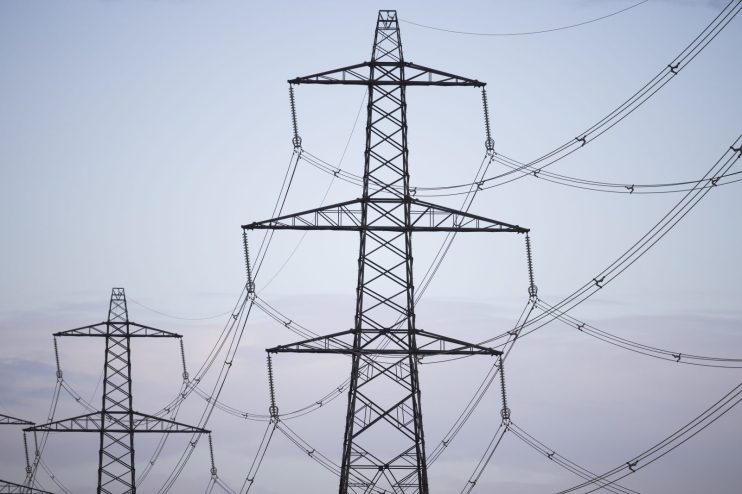Britain can win the race for hydrogen supremacy if it faces down competition from Japan

Japan has made an unprecedented commitment to hydrogen power as an alternative energy source, investing US$19.2 billion in the technology in new funding alone. As first out of the starting blocks, Japan has staked its claim as the world leader in the industry. We are at a critical juncture, however, and there is a golden window of opportunity for the UK to become a serious hydrogen player.
Japan is pursuing hydrogen across the board, from international supply networks and hydrogen storage and transport, to experimenting with different energy sources needed to create hydrogen. The government subsidises 135 hydrogen refuelling stations around Japan, more than anywhere else in the world, and is providing new hydrogen funding and tax incentives for targeted capital spending. It is also supporting the construction of a 10-megawatt hydrogen production plant in Fukushima, and it hopes to make hydrogen a central theme of the Olympic Games in Tokyo.
Throughout their hydrogen plan – the world’s first – Japan sets targets of 2030 and 2050 to reach hydrogen goals that reduce the cost to parity with conventional energy, creating a carbon-free hydrogen society.
The role of the private sector in Japan’s plan for a hydrogen economy is huge. Toyota unveiled the world’s first mass-produced hydrogen car seven years ago and are now producing new iterations. Nippon Steel and other steelmakers plan to use hydrogen instead of coal by 2050, and Iwatani is seeking to commercialise large hydrogen ships by 2025. Companies such as Toshiba have technology to store hydrogen from renewable energy sources and kawasaki is aiming to be the only global company able to form an entire hydrogen supply chain.
The hydrogen strategy in Japan is bold and far-reaching. So, how can the UK match Japan’s efforts and become the pre-eminent hydrogen world power? There are a host of simple policies which must be implemented as soon as possible in order to steal a march on the competition.
First of all, we need mechanisms to incentivise hydrogen vehicles, along with a similar incentive for each kilogram of hydrogen sold. This can be quickly achieved through the liberalisation of the Renewable Transport Fuel Obligation, which has recently gone out for public consultation. Looking further, we hope the hydrogen strategy will enable the development of a more refined scheme, such as potentially contracts for difference.
The government must throw its support behind hydrogen trains and back the mass deployment of hydrogen buses, which will kick-start investment in UK-made buses as well as stimulate hydrogen production.
The hydrogen-power construction of the nuclear power station, Sizewell C should be a blueprint for the future of construction, one of the most emissions-heavy industries in the UK. All of these policies have the ability to accelerate progress to net zero, stimulate private investment and create jobs across the United Kingdom, with minimal taxpayer spend.
We lost the race for renewable batteries and wind turbines, we must win the battle for hydrogen supremacy. It will shape the global economy in the decades to come and give us an edge in a net-zero future.
We are currently at an advantage with our domestic hydrogen expertise and technology, but we must act fast. Japan has ensured that it has cornered a section of the future hydrogen market, and we must do the same. In this new post-Brexit UK with levelling up and net zero at its heart, we must go full throttle and take our place as a hydrogen superpower.